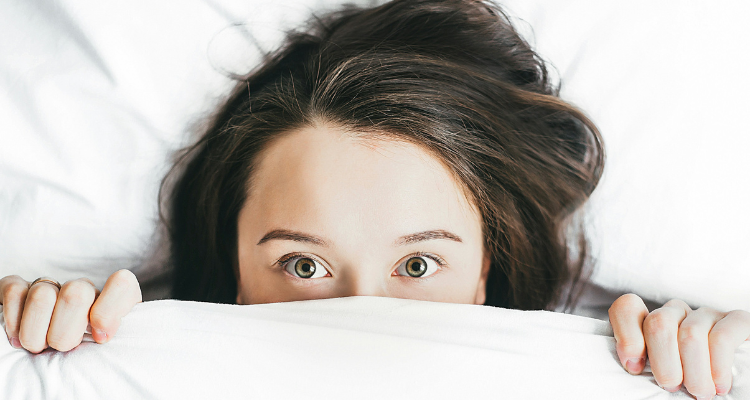The Power of Sleep
Posted by Hannah Buchanan on 1st May 2024
Sleep (and sleeping in for that matter) is one of those things that I, personally, never really appreciated while I had it readily available. With parenting forcing so many of us into asleep deprived state (thank you sleep regressions, teething, and that crazy newborn four-hour routine), sleep can feel like one of those aspects of life that is oh-so essential and yet also oh-so elusive. Whether you’re a busy adult who is struggling to switch off their busy mind, a young toddler who is going through can’t sleep because of growing pains, or a tiny newborn who just wants to contact nap, sleep is a necessary part of life that beyond its ability to rejuvenate and refresh, sleep plays a vital role in our overall health and well. But, how much sleep should we and our children really be getting, what happens when we don’t sleep, and what we can do if a full night's sleep seems like a distant dream?

Babies
Recommended Sleep in 24 hours: Newborn (0-3 months) | 14 – 17 hours each day; Infant (4-11 months) | 12 – 15 hours each day
Why Sleep: As a rule, newborns sleep a lot. Australian sleep guidelines back this statement and highlight the crucial role of sleep in infant development. During sleep, babies' bodies release growth hormones that support physical development, while their brains process and store new information from their surroundings. According to the Australian Breastfeeding Association, newborns need up to 17 hours of sleep per day. As an infant, the amount of sleep your little one needs drops slightly to up to 15 hours.
Young Children
Recommended Sleep in 24 hours: Toddler (1-2 years) |11 – 14 hours of sleep; Preschoolers (3-5 years) | 10 – 14 hours of sleep
Why Sleep: As children grow, their need for sleep is just as important for cognitive development during the formative years, helping your child learn and retain new skills. It’s also no surprise that adequate sleep also plays a role in regulating mood and behaviour, which I think anyone who has dealt with a tired toddler can absolutely appreciate. A good night’s sleep can contribute to a happier and more resilient child as they navigate daycare, kindy, and early schooling. Toddlers typically need up to 14 hours of sleep, including naps, while preschoolers still need some lengthy rest with up to at 13 hours of shut-eye each day.
Adults
Recommended Sleep in 24 hours: 7-9 hours
Why Sleep: As an adult, the recommended amount can be up to nine hours per night, with most Aussie adults averaging 7 to 8 hours of rest each night. Yet, in today's fast-paced world, it can be a struggle to prioritise sleep amidst competing demands (like being the wonderful parent that you are). A UK survey of over 1,300 new parents found that a staggering 7 in 10 parents lost, on average, three hours of sleep every night in their baby’s first year. This equals a staggering (but very realistic feeling) 133 night’s worth of sleep before your little one’s first birthday. While you can survive on as little as four hours of sleep, skimping on sleep can have serious consequences for your mood, health, and overall happiness. Limited sleep can lead to daytime sleepiness (that can’t be combatted with more coffee) and reduced mental performance and has the same mind-blowing effect on cognition as aging eight years. While it can be a challenge, prioritising at least a few hours of quality sleep can have big benefits to your overall health and ability to turn up physically, emotionally, and cognitively for yourself and your family.
Getting a Better Night Sleep
Whether you’re looking for a way to boost your mood, improve your immunity, or want to feel sharper and more alert, getting some well-deserved rest at any age is a must for a healthy, happy, and vibrant life. With competing priorities, especially as a parent, finding the recommended seven-plus hours each night can seem like an out-of-reach goal. So, whether it’s a busy mind, an ever-growing to-do list, or a sick little one that’s keeping you up there are a few things that may help you unwind when you do finally make it to bed and that’s to make every second of sleep count.
Set up your space to encourage sleep (I’d recommend red-light or black-out curtains), put on some relaxing background music, and make sure that your room temperature is cool. Also, swap out your afternoon coffee for a herbal tea to avoid caffeine overload. A stretch routine can also help you quickly wind down at the end of the day and signal to you that it’s time to rest.

















